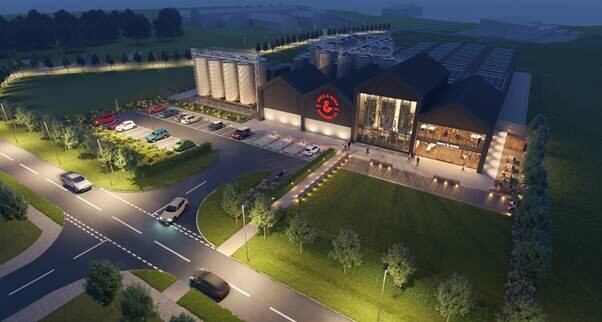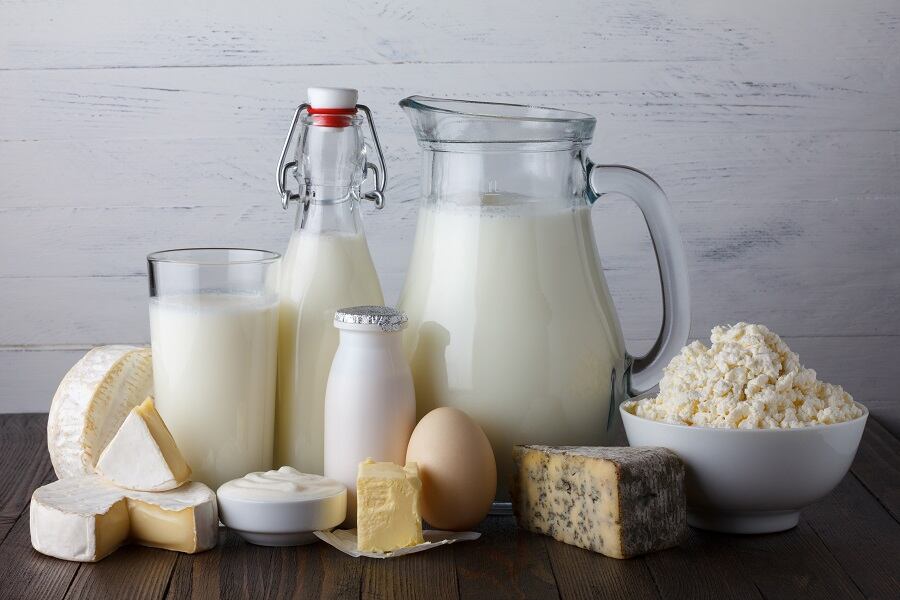Cranswick, Premier Foods and Princes all doubled down on their sustainability agendas, with a general agreement to significantly reduce greenhouse gas emissions by 2030.
Meat processor Cranswick announced it had achieved carbon neutral certification for all fourteen of its eligible manufacturing plants in the UK. This was coupled with a reiteration of its commitment to reducing emissions by 50% across its entire value chain by 2030.
The group has also committed to 100% certified deforestation-free soya, which would result in a circa 20% reduction in carbon from this activity, by sourcing all of its feed from North America.
Commenting on Cranswick’s plans, Shore Capital’s Clive Black said: “Sustainability is, we believe, going to play an ever more important role in modern food supply chains, alongside animal welfare, convenience and well-being.
“Cranswick is at the forefront of high standards and progress on all these matters. We feel that the Group – alongside other participants in the British food system – has played its part in delivering immense value to shoppers, but it is also becoming clearer to us that advanced food systems need financial returns that enable ongoing investment and in this respect we shall, we feel, increasingly ask do we properly value the food we eat?”
Premier Foods
Premier Foods’ Enriching Life Plan set out the manufacturer’s sustainability strategy, which centred around three key pillars – Product, Planet and People.
In a bid to tackle climate change, Premier planned to join the Business Ambition for 1.5 degrees and has set science-based targets to reduce Scope 1 and 2 greenhouse gas emissions from its direct operations by 42% by 2030, as part of its commitment to reach net zero carbon emissions within its operations by 2040.
The business also said it would work with suppliers to reduce their environmental impact with a target to achieve net zero across the total value chain by 2050, halve food waste and support suppliers to do the same, and ‘eliminate deforestation’ across its entire supply chain.
Alex Whitehouse, chief executive of Premier Foods, said now was the time for the business to push itself harder – harder for the health of consumers and harder for the health of the planet.
“Our plan encompasses everything we touch, from the ingredients we source, to the people we serve, in line with our purpose of Enriching Life Through Food,” said Whitehouse.
“Our Enriching Life Plan builds on our progress to date and is the culmination of much collaboration with NGOs, customers, suppliers, policy makers and colleagues in building a plan which is unique to Premier Foods and focused on the areas where we can be most impactful.”
The manufacturer also planned to triple plant-based sales by 2030, reaching a minimum of £250m sales annually. The first product to be released as part of this new plant-based drive will be Batchelors meat-free meal pots – featuring a bacon alternative called ‘facon’ – to be launched before the end of 2021.
Princes tuna sourcing
Princes Group has announced it has reached its goal of reducing Indian Ocean yellowfin tuna sourcing by 50% on 2017 levels, a year ahead of its 2022 deadline.
The canned fish processor has forecasted its 2021 sourcing will be about 16,141 metric tonnes of yellowfin – approximately 70m cans of tuna – a 51% reduction on its 2017 base figure of 32,768 metric tonnes.
However, the business admitted it faced an uphill battle to maintain the 50% reduction into 2022, as the pandemic created an unusual set of circumstances that helped it to achieve its goal a year ahead of its target.
Neil Bohannon, group director for Fish at Princes, said it needed to flex its tuna sourcing as part of its multi-ocean strategy to ensure it could maintain the 50% Indian Ocean yellowfin reduction next year.
“Putting sustainability first is always a huge challenge – it takes commitment, action and a huge amount of hard work,” he added. “We are not going to shy away from these challenges, and we would call on all our industry partners to have the same mindset.
“Sustaining the seafood economy is reliant on long-term sustainable tuna and the Indian Ocean Tuna Commission needs to show leadership and take firm action. We will always play our part, but we are only one player is a much wider industry and everyone has to step up.”
Meanwhile, dairy cooperative Arla Foods has targeted a 50% growth of its organic dairy business in the next five years, supported by a new set of sustainability standards for its owner-farmers.





